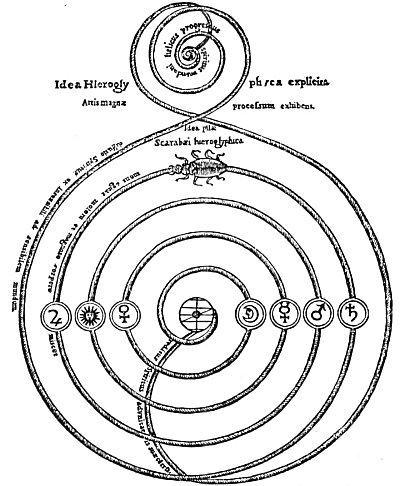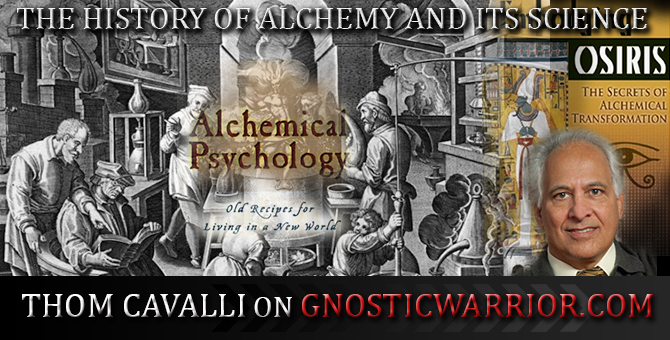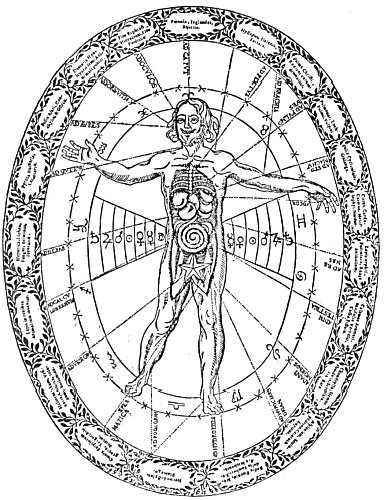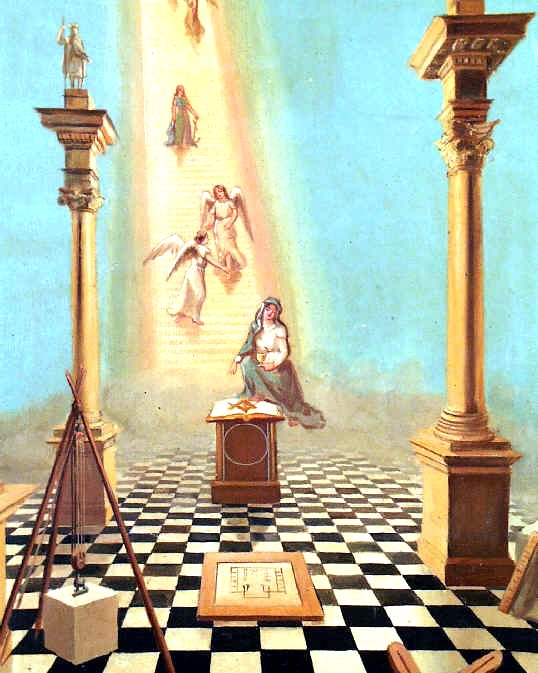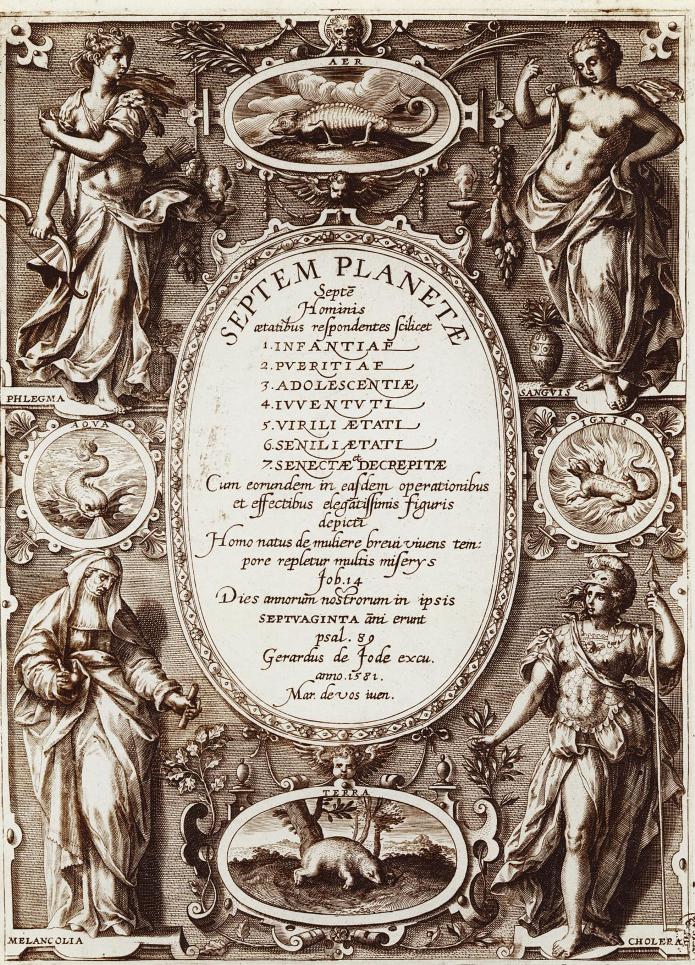One of the most beautiful women at: the court of Aragon was Donna Ambrosia Eleanora Di Castello, whose virtue and beauty had brought her great renown. She was at that time married and was not particularly pleased to discover that young Lully was rapidly developing a passion for her. Wherever she went Raymond followed, and at last over a trivial incident he wrote some very amorous verses to her, which produced an effect quite different from what he had expected. He received a message inviting him to visit the lady. He responded with alacrity. She told him that it was only fair that he should behold more of the beauty concerning which he wrote such appealing poems and, drawing aside part of her garments, disclosed that one side of her body was nearly eaten away by a cancer. Raymond never recovered from the shock. It turned the entire course of his life. He renounced the frivolities of the court and became a recluse.
Sometime afterwards while doing penance for his worldly sins a vision appeared to him in which Christ told him to follow in the direction in which He should lead. Later the vision was repeated. Hesitating no longer, Raymond divided his property among his family and retired to a hut on the side of a hill, where he devoted himself to the study of Arabic, that he might go forth and convert the infidels. After six years in this retreat he set out with a Mohammedan servant, who, when he learned that Raymond was about to attack the faith of his people, buried his knife in his master’s back. Raymond refused to allow his would-be assassin to be executed, but later the man strangled himself in prison.
When Raymond regained his health he became a teacher of the Arabic language to those who intended traveling in the Holy Land. It was while so engaged that he came in contact: with Arnold of Villa Nova, who taught him the principles or alchemy. As a result of this training, Raymond learned the secret of the transmutation and multiplication of metals. His life of wandering continued, and during the course of it he arrived at Tunis, where he began to debate with the Mohammedan teachers, and nearly lost his life as the result of his fanatical attacks upon their religion. He was ordered to leave the country and never to return again upon pain of death. Notwithstanding their threats he made a second visit to Tunis, but the inhabitants instead of killing him merely deported him to Italy.
An unsigned article appearing in Household Words, No. 273, a magazine conducted by Charles Dickens, throws considerable light on Lully’s alchemical ability. “Whilst at Vienna he [Lully] received flattering letters from Edward the Second, King of England, and from Robert Bruce, King of Scotland, entreating him to visit them. He had also, in the course of his travels, met with John Cremer, Abbot of Westminster, with whom he formed a strong friendship; and it was more to please him than the king, that Raymond consented to go to England. [A tract by John Cremer appears in the Hermetic Museum, but there is no record in the annals of Westminster of anyone by that name.] Cremer had an intense desire to learn the last great secret of alchemy–to make the powder of transmutation–and Raymond, with all his friendship, had never disclosed it. Cremer, however, set to work very cunningly; he was not long in discovering the object that was nearest to Raymond’s heart–the conversion of the infidels. He told the king wonderful stories of the gold Lully had the art to make; and he worked upon Raymond by the hope that King Edward would be easily induced to raise a crusade against the Mahommedans, if he had the means.
“Raymond had appealed so often to popes and kings that he had lost all faith in them; nevertheless, as a last hope, he accompanied his friend Cremer to England. Cremer lodged him in his abbey, treating him with distinction; and there Lully at last instructed him in the powder, the secret of which Cremer had so long desired to know. When the powder was perfected, Cremer presented him to the king, who received him as a man may be supposed to receive one who could give him boundless riches. Raymond made only one condition; that the gold he made should not be expended upon the luxuries of the court or upon a war with any Christian king; and that Edward himself should go in person with an army against the infidels. Edward promised everything and anything.

Moe is the founder of GnosticWarrior.com. He is a father, husband, author, martial arts black belt, and an expert in Gnosticism, the occult, and esotericism.

